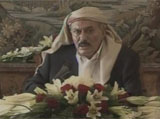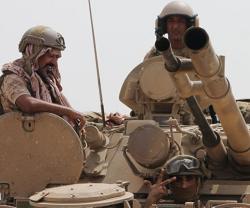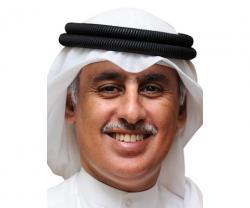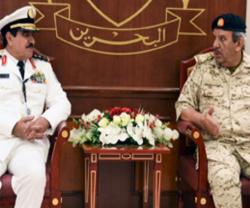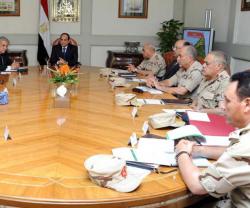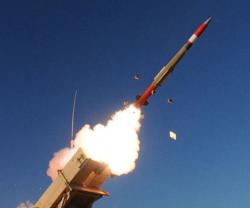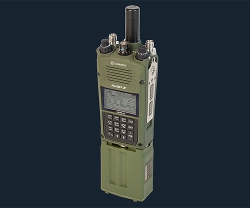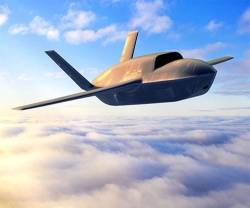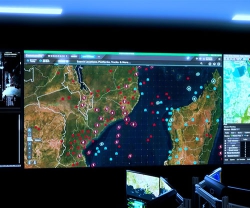Yemen is reeling from six months of mass street protests calling for Saleh’s ouster, and there are fears that his return to the country could spark a civil war.
The political crisis has already triggered an armed conflict between Saleh’s forces and heavily armed tribesmen who have turned against him.
There are also are concerns that Yemen’s Al-Qaeda offshoot will take advantage of the turmoil and have a freer hand in plotting attacks on the West.
Speaking in a televised address from Saudi Arabia, Saleh vowed to return home, telling his supporters: “See you soon in Sana’a.” He also lashed out at his opponents, calling them, “exploiters, war merchants, and street looters.”
Saleh, who only last week left the hospital in Riyadh where he’d be recovering since early June, appeared to be in a better shape compared to his first appearance after the attack, when he looked stiff and frail.
Other than the medical white gloves covering his burnt hands, Saleh seemed to have recovered from the attack. His face appeared to have healed from the burns, and he moved comfortably and confidently in front of the camera.
Despite his absence, Saleh has not transferred power to his Vice President Abdrabuh Mansur Hadi, and his family members who lead strong army and security forces appear to be running Yemen, the Arab world’s poorest country.
The United States has called on Saleh to sign a transition plan sponsored by Yemen’s neighbors, the Gulf Arab states. The President has said the Gulf plan should be treated positively but has refrained from signing.
Parts of the army, key tribes and religious leaders have turned their back on Saleh over the past six months but protesters have been unable to unseat the veteran leader in power since 1978.
In his latest televised address, Saleh said he is willing to hand over power to his Vice President if the armed tribal fighters who support the protesters are pulled from the streets and the opposition ends its demonstrations.
Source: Saudi Gazette

